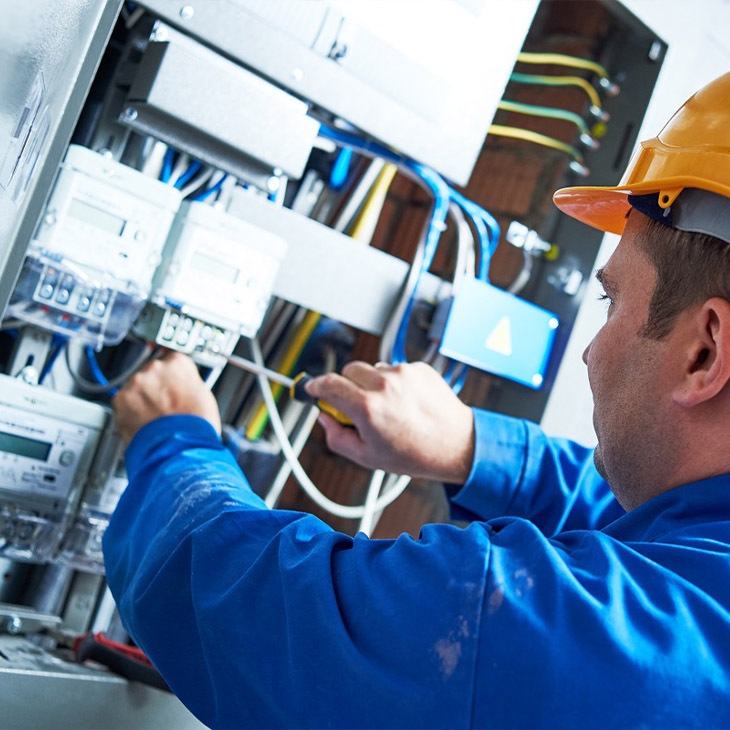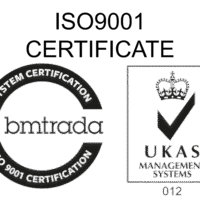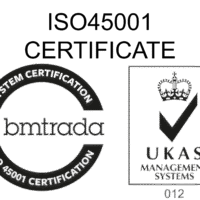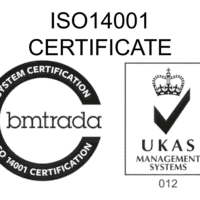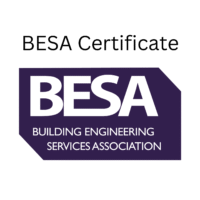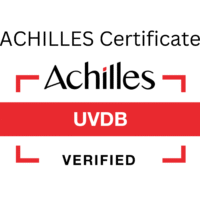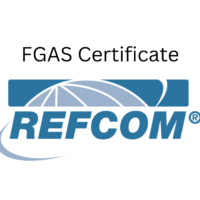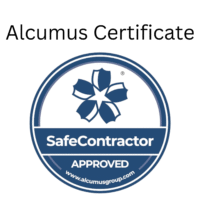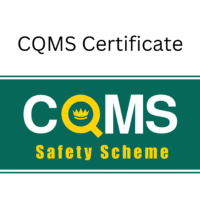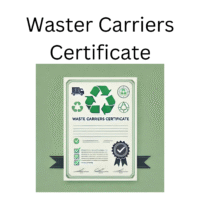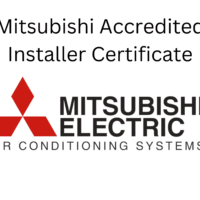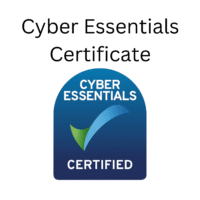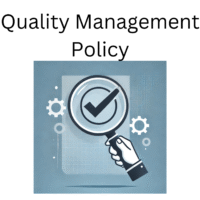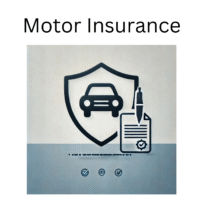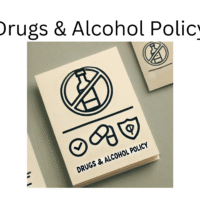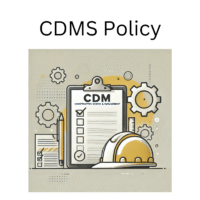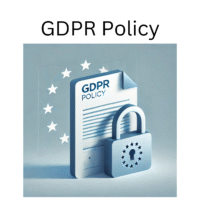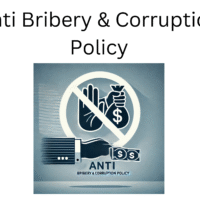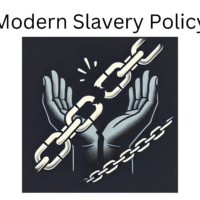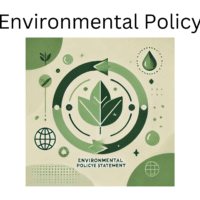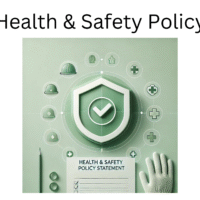When it comes to critical equipment such as water chillers, pressure relief valves, air conditioning systems, and pressure vessels, proper inspection and maintenance are essential for ensuring safety, reliability, and energy efficiency. These activities not only protect against equipment failures but also help meet important health and safety standards, enhance operational efficiency, and reduce energy costs. In this blog, we will explore the importance of inspection and maintenance in these specific areas and outline the potential risks of neglecting them.
Inspection vs. Maintenance: Understanding the Difference
The terms inspection and maintenance are often used interchangeably when referring to plant equipment, but they have distinct and complementary roles.
Inspection is a systematic process of evaluating equipment for any faults or defects before they become hazardous. It must be carried out by a competent person—someone with the necessary practical experience, training, and certifications relevant to the machinery in question. Inspections aim to identify potential risks and ensure the machinery is safe for continued use.
Maintenance, on the other hand, refers to the corrective or preventive actions taken to fix issues identified during inspections or to keep machinery in peak condition. Maintenance is usually carried out by a team separate from the inspectors to maintain objectivity and avoid conflicts of interest. Proper maintenance helps ensure that equipment runs efficiently, prolongs its lifespan, and avoids costly unplanned breakdowns.
1. Water Chillers: The Lifeline of Industrial Cooling
Water chillers are vital in many industries, ensuring processes and environments remain at optimal temperatures. However, these complex systems require regular inspection and maintenance to remain effective and energy-efficient.
Why Inspection Matters:
- Inspections help detect early signs of inefficiency, leaks, or refrigerant loss, which can compromise the chiller’s ability to cool effectively.
- Failure to inspect could lead to refrigerant leaks, which not only decrease efficiency but also harm the environment and violate regulatory compliance.
The Role of Maintenance:
- Regular maintenance of water chillers includes checking for blockages in the heat exchanger, cleaning filters, and verifying the operation of compressors.
- Preventive maintenance reduces the risk of costly repairs, improves the efficiency of the system, and lowers energy consumption, which can significantly reduce operational costs over time.
2. Pressure Relief Valves: A Crucial Safety Mechanism
Pressure relief valves (PRVs) are a critical safety feature in many systems, including water chillers and pressure vessels. They protect equipment by releasing excess pressure that could otherwise lead to catastrophic failures.
Why Inspection Matters:
- Regular inspection of PRVs is essential to ensure they open and close correctly, releasing pressure at the designated limits.
- A faulty or neglected pressure relief valve can fail to operate when needed, leading to overpressure conditions that could cause equipment to burst or fail, posing significant safety risks.
The Role of Maintenance:
- At Lunar, we do not clean pressure relief valves but instead replace them when they show signs of wear or damage.
- Ensuring that PRVs are replaced according to manufacturer guidelines is essential to maintaining system safety and compliance. For further guidance, you can consult the HSE’s guidelines on pressure systems for more detailed legal requirements and safety recommendations.
3. Energy Efficiency in Air Conditioning Systems: Lowering Costs and Environmental Impact
Air conditioning systems are significant consumers of energy, especially in large facilities. Improving the energy efficiency of these systems through regular inspection and maintenance can have a major impact on operational costs and environmental sustainability.
Why Inspection Matters:
- An energy audit or inspection of your air conditioning system will help identify areas of inefficiency, such as refrigerant leaks, blocked filters, or worn-out components, all of which force the system to work harder, consuming more energy.
- Inspection ensures that your system is operating at its maximum efficiency, helping you comply with environmental regulations while reducing energy consumption. To understand more about regulatory requirements, check out the UK government’s guide to air conditioning inspections.
The Role of Maintenance:
- Preventive maintenance of air conditioning units includes cleaning evaporator coils, replacing air filters, and checking refrigerant levels. These simple tasks can significantly improve the unit’s efficiency.
- Properly maintained systems reduce the overall energy demand, which not only cuts down on utility costs but also extends the life of the equipment, lowering the total cost of ownership.
4. Pressure Vessels: Safety Under Pressure
Pressure vessels, found in industries ranging from manufacturing to healthcare, must be carefully managed to avoid accidents. They store gases or liquids at high pressure and, if not properly inspected and maintained, can be a source of serious safety hazards.
Why Inspection Matters:
- Pressure vessels are subject to stringent regulations, including the Pressure Systems Safety Regulations (PSSR) in the UK. Regular inspections ensure compliance and help detect issues like cracks, corrosion, or weak spots that could lead to catastrophic failure.
- Ignoring inspection could lead to undetected structural damage, which could cause the vessel to fail under pressure, posing a significant risk to personnel and property. Detailed guidelines can be found in the HSE’s Pressure Systems Safety Regulations.
The Role of Maintenance:
- Maintenance includes addressing issues found during inspections, such as repairing damaged components or replacing parts that are at the end of their service life.
- Preventive maintenance ensures the vessel operates safely, preventing accidents and ensuring compliance with safety standards.
Conclusion
Whether it’s the smooth operation of water chillers, the safety provided by pressure relief valves, the energy efficiency of air conditioning systems, or the integrity of pressure vessels, inspection and maintenance are two sides of the same coin. By keeping these critical systems in good working order, companies not only protect their employees and the environment but also save money in the long run by avoiding breakdowns and inefficiencies.
At Lunar Refrigeration Ltd, we provide independent, expert inspections and maintenance services to help you meet your legal obligations and keep your equipment running smoothly. By maintaining the highest standards, we ensure that your machinery operates efficiently, safely, and cost-effectively.
For more information or to schedule an inspection, contact us today at Lunar Refrigeration Ltd.

